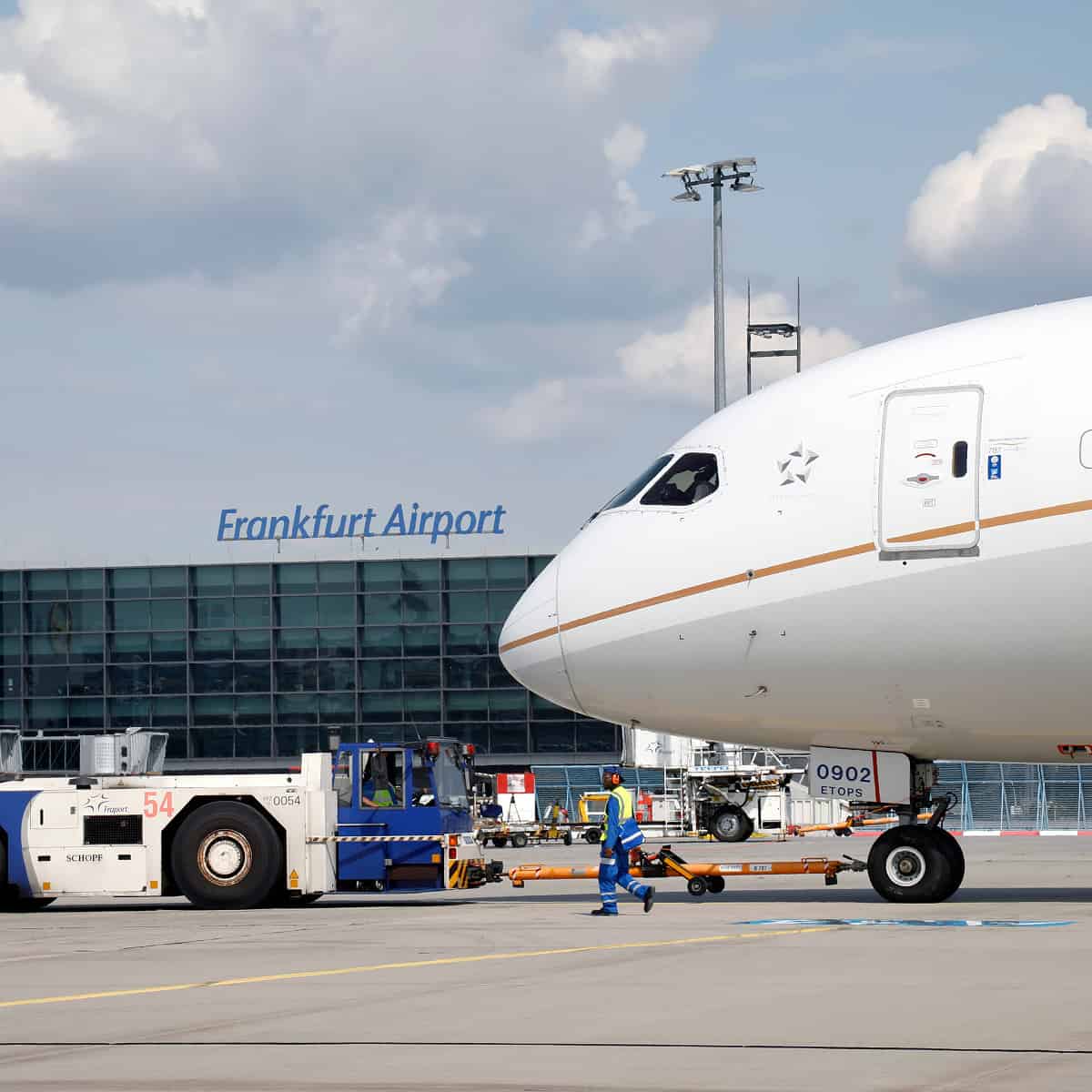The next step will involve the full Senate voting on the bill.
HTA’s successful return on investment, in partnership with the visitor industry and community, is tied to the ability to be flexible in the budget and fluid in its activities – proactively and reactively deploying funds, including carryover funds at varying levels – at the appropriate time in anticipation of market conditions and needs.
The current pandemic is an example of this necessary flexibility. Understanding the markets’ conditions, HTA significantly deferred spending in FY21 with plans to use those funds to saturate branding activities in FY22, in anticipation of a full relaunch of tourism.
HTA’s capability to do so and pivot direction would be significantly constrained if operating through the state’s general fund without the ability to use prior year’s funds.
Further, operating under special funds encourages efficient use of funds, as unused funds revert back to the special fund rather than encouraging unnecessary spending that could reside in the use of general funds.
Also today, the full Senate unanimously passed House Bill 200, HD1, SD1. This budget bill cuts HTA’s staff in half – from 32 current positions down to 16.25. HB200, HD1, SD1 has been transmitted back to the House for consideration.
HTA has a significant task ahead in supporting the economic recovery from the COVID-19 pandemic through the revitalization of the visitor industry.






















